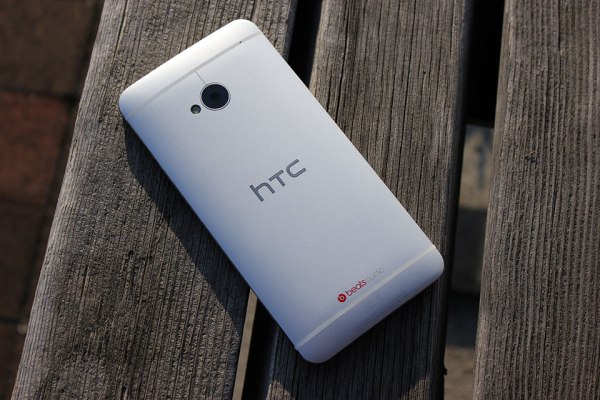HTC’s Hail Mary play might not take the form of another new smartphone: The Taiwanese company is reportedly working with Chinese government officials to build a mobile OS that includes “deep integration” with China-specific services like Weibo, aimed specifically at the Chinese market. The project could see the new mobile OS launch before year’s end, according to the Wall Street Journal, which first reported the news.
The report said it wasn’t clear whether HTC’s China OS would be forked from or based upon Android in some way, and a source speaking to the paper said that in fact the company has changed plans throughout the year regarding whether it would be something completely new, or just a new user interface based atop Google’s mobile OS. Already HTC has some devices using the OS in active testing, and prototypes are in the hands of Chinese government officials.
Attempting to partner with a company to build a partially homegrown OS solution isn’t a new move for China. The Chinese government recently partnered with UK-based Canonical, the makers of Ubuntu, to build a China-specific version of its own OS that likewise favored integrations with China-made apps and services. In general, the Chinese government has been actively trying to lessen reliance on foreign-made software. A white paper from China’s tech ministry released in March criticized its country’s over-reliance on the Google-made Android OS.
A strategic alliance with the Chinese government could help HTC secure some good lasting power even as it faces challenges in terms of worldwide market share and sales of its Android-based smartphones. It’s unlikely that its own China-specific OS will pose any major threat to the dominance of Android and iOS, especially in the short-term, but if China’s government is serious about putting lasting investment in home-grown alternatives that favor Chinese software and services, building significant market share early might not be a necessary component of its survival.
In other words, making yourself integral to a long-term China government plan for technological independence is probably a wise move for HTC in uncertain times, which isn’t to say it wouldn’t be better served by also improving its fortunes elsewhere in the world, too.
